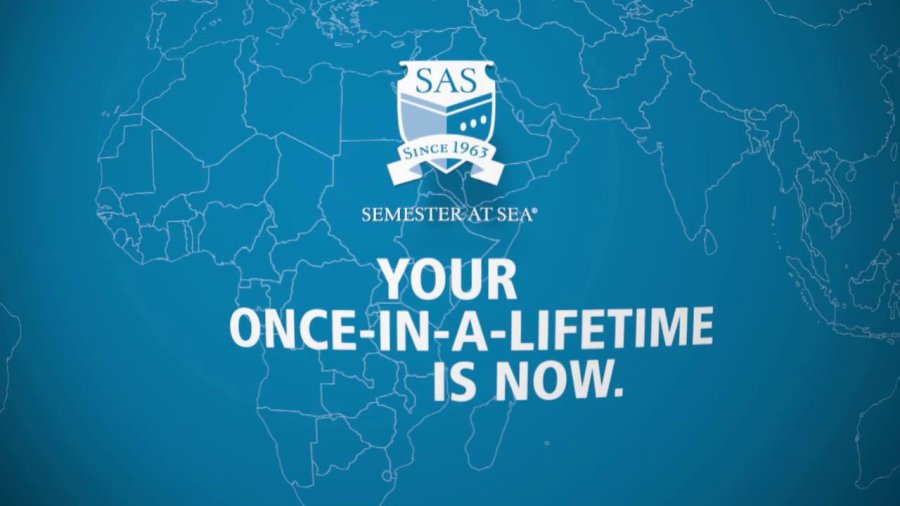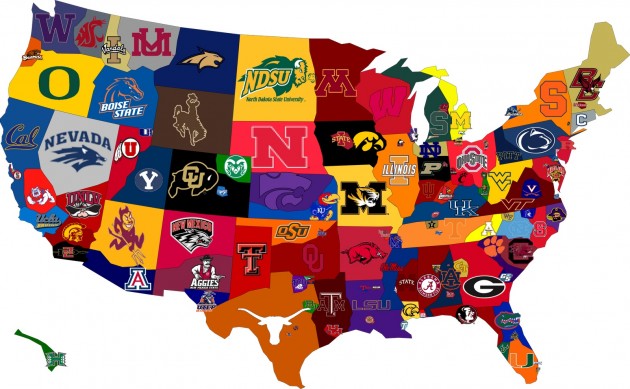Hello, seniors of Centennial High School. As your time in high school is rapidly coming to a close, you are left with some pretty big decisions to make about your future. I hope that from reading this blog, I have provided you with some perspective on what you may want to do. I firmly believe that a major in communications is a wonderful option for those of you who are creative and innovative, who want to be challenged academically, and who want flexibility when it comes to their academic courses throughout college as well as their opportunities when searching for careers after graduation. In this final blog post, I wanted to highlight some of the most important aspects of this blog as a whole as well as provide some more information on the opportunities that you will have with a degree in communications.

In this blog, I have discussed the various paths that you can take at the University of Maryland to getting a degree in communications. You can choose to focus on general communications studies, public relations, rhetoric, or social influence. I have also discussed the various internship and networking opportunities that are offered as a result of majoring in communications. In addition to this, there are fun things like study abroad programs that you will be able to take advantage of as a communications major which will expand your knowledge about yourself, the world, and your career!

Majoring in communications gives you several options after you complete your undergraduate degree. You can choose to continue your higher education in communications by going to graduate school, or you can enter directly into the work force. I hope that this blog has convinced you that careers in communications are nothing if not relevant. Communications majors have the opportunity to work in expanding fields such as social media and public relations. These are fields which really shape the world we live in today. They are constantly changing and evolving, making them interesting and motivating to be a part of. When you have a degree in communications, the professional world is really your oyster when it comes to choosing a career. Any field that you are interested in will have room for a communications major!
When I found communications, I found a field that I am incredibly passionate about. I am excited about my future in the world of communications. I hope that you will find the same comfort in your experience with the communications major, best of luck! (417 Words)
Works Cited
http://www.learnhowtobecome.org/arts-humanities-careers/communications/



